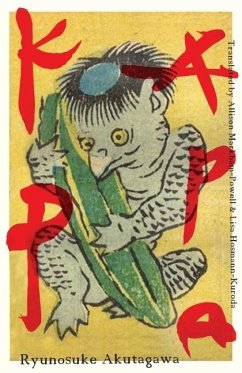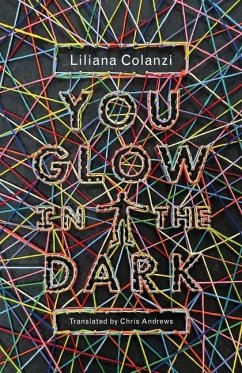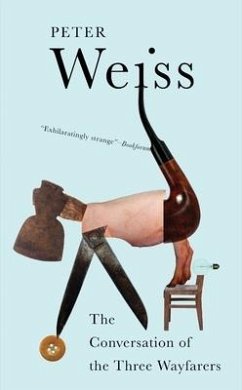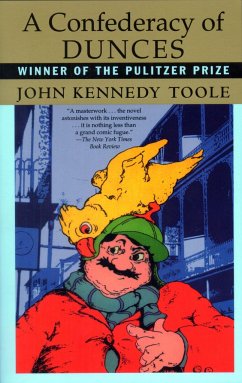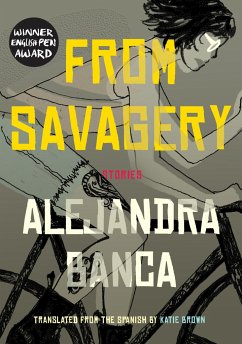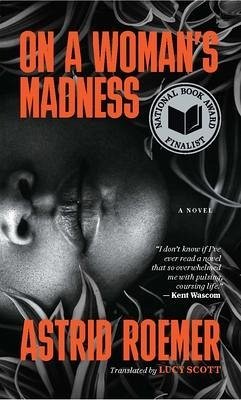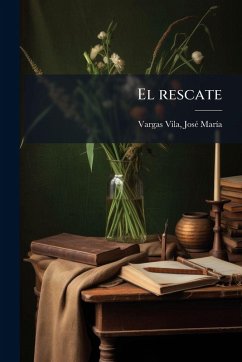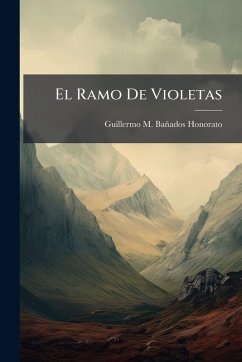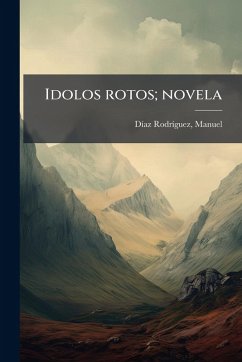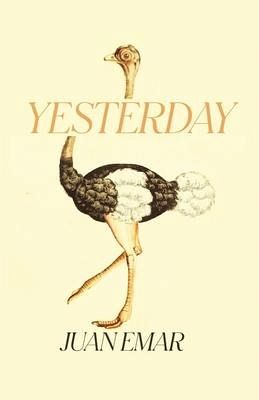
Yesterday
Versandkostenfrei!
Versandfertig in über 4 Wochen
12,99 €
inkl. MwSt.
Weitere Ausgaben:

PAYBACK Punkte
6 °P sammeln!
In the city of San Agustín de Tango, the banal is hard to tell from the bizarre. In a single day, a man is guillotined for preaching the intellectual pleasures of sex; an ostrich in a zoo, reversing roles, devours a lion; and a man, while urinating, goes bungee jumping through time itself-and manages to escape. Or does he? Witness the weird machinery of Yesterday, where the Chilean master Juan Emar deploys irony, digression, and giddy repetitions to ratchet up narrative tension again and again and again, in this thrilling whirlwind of the ecstatically unexpected-all wed to the happiest marria...
In the city of San Agustín de Tango, the banal is hard to tell from the bizarre. In a single day, a man is guillotined for preaching the intellectual pleasures of sex; an ostrich in a zoo, reversing roles, devours a lion; and a man, while urinating, goes bungee jumping through time itself-and manages to escape. Or does he? Witness the weird machinery of Yesterday, where the Chilean master Juan Emar deploys irony, digression, and giddy repetitions to ratchet up narrative tension again and again and again, in this thrilling whirlwind of the ecstatically unexpected-all wed to the happiest marriage of any novel, ever. Born in Chile at the tail end of the nineteenth century, Juan Emar was largely overlooked during his lifetime, and lived in self-imposed exile from the literary circles of his day. A cult of Emarians, however, always persisted, and after several rediscoveries in the Spanish-speaking world, he is finally getting his international due with the English-language debut of Yesterday, deftly translated by Megan McDowell. Emar's work offers unique and delirious pleasures, and will be an epiphany to anglophone readers.




